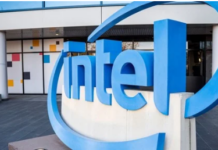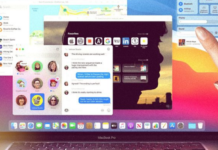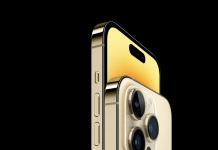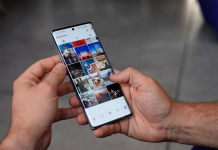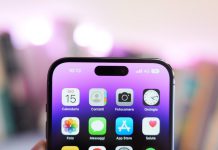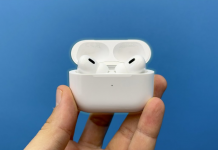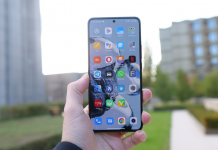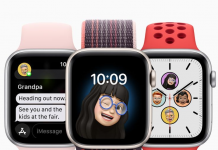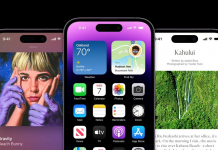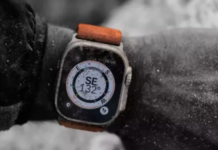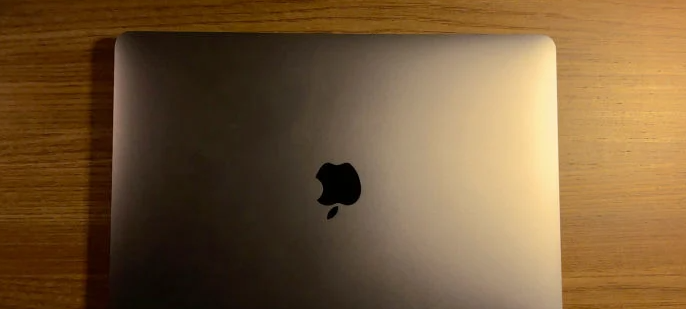In a speech to the Productivity Commission, which helps the Australian government make economic decisions, iFixit CEO and co-founder Kyle Weins, who assembles computer and technology product repair manuals, said Apple, Samsung and Microsoft make it difficult to access hardware repair parts and tools.
Apple should release iPhone 13 with always-on screen as on Android phones
Apple and Samsung make it difficult to resell parts to market
Kyle Weins founded iFixit for the purpose of offering free toolboxes and manuals for the consumer himself to repair their hardware.
On Monday (19), Weins detailed specific cases in which two manufacturers made it difficult to repair products. In the Productivity Commission’s “Right to Repair” inquiry, the CEO of iFixit said Apple and Samsung bar access to the loose parts of some lines of handsets.
In the case of the South Korean manufacturer, Weins stated that one of the company’s battery suppliers, german company Varta, is unable to resell the batteries used in the Galaxy Buds line to third parties due to a clause in the contract with Samsung. “This is increasingly frequent,” said the executive.
MacBook Pro has a slightly modified version of a charging chip that only works inside your Apple device. Again, the chip supplier claims to have a contract with the company that prevents resale to third parties, Weins points out.
The executive details that Apple’s California operation has negotiated the recycling of single-part parties with little time on the market:
“Apple in California will stop offering [repair] services after 7 years, and Apple has sheds full of loose parts that instead of selling in marketplaces — where someone like me would have definitely bought them — they pay a recycling company to destroy them.”
iFixit CEO proposes reparability seal system
To circumvent the embargo of manufacturers to single parts, a good system, according to Weins would be for each country to adopt a “seal of reparability” for technology products.
The co-founder of iFixit pointed out that a survey by Samsung found that 86% of consumers are able to switch devices based on the difficulty of repair; 8 out of 10 can abandon their favorite brand in favor of a device that’s easier to restore.
At the beginning of the year, the first country to adopt this type of seal that requires manufacturers information about the repair of their products was France. Australia is also considering adopting this standardization system.
In Brazil, the Consumer Protection Code (CDC) states that the customer has the right to request a repair from the manufacturer if the product is defective within the warranty. The company has 30 days to fix it. It is possible to extend the deadline to 180 days, depending on the level of restoration.






